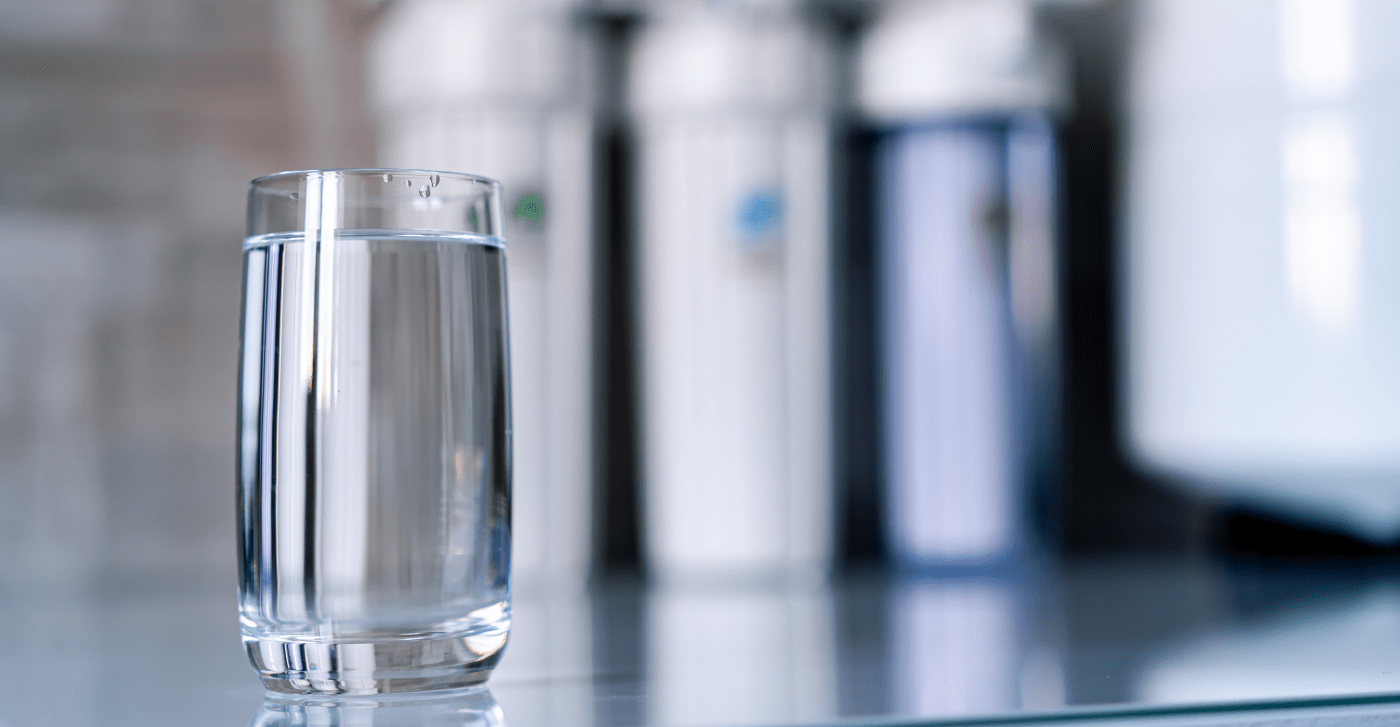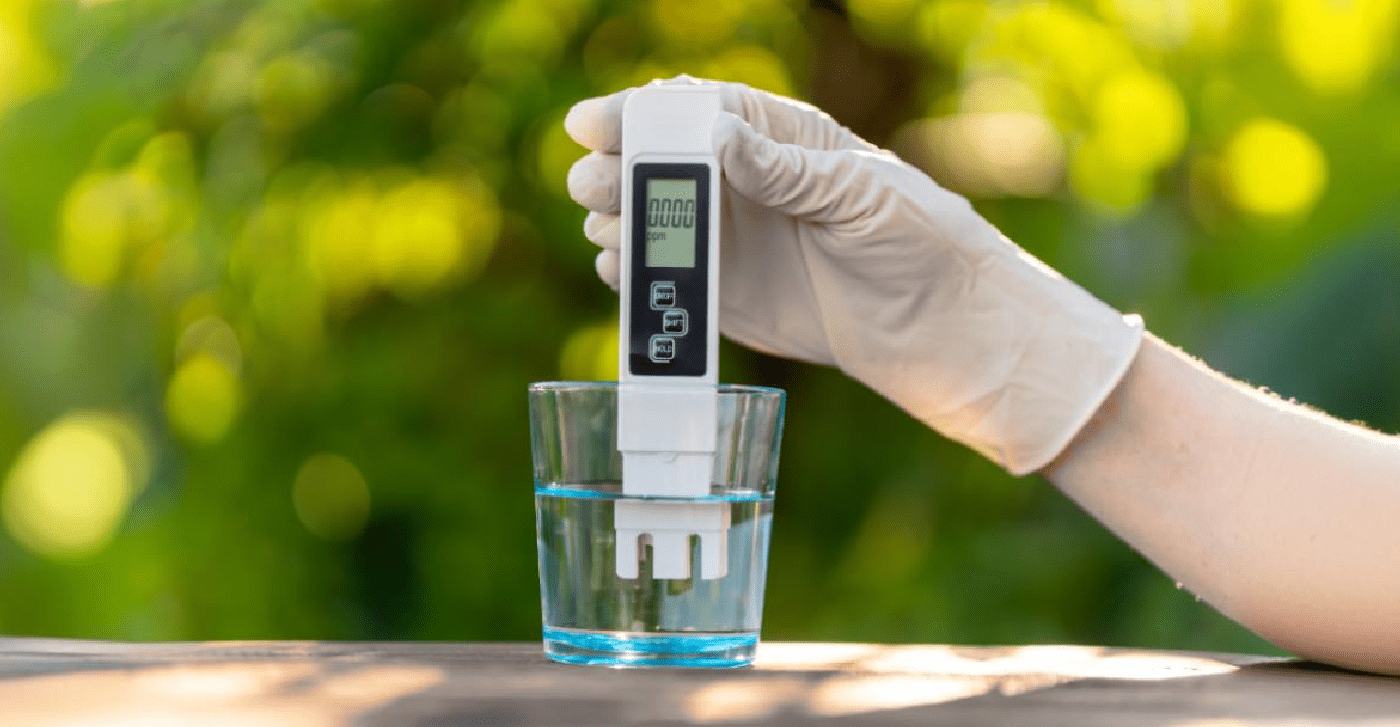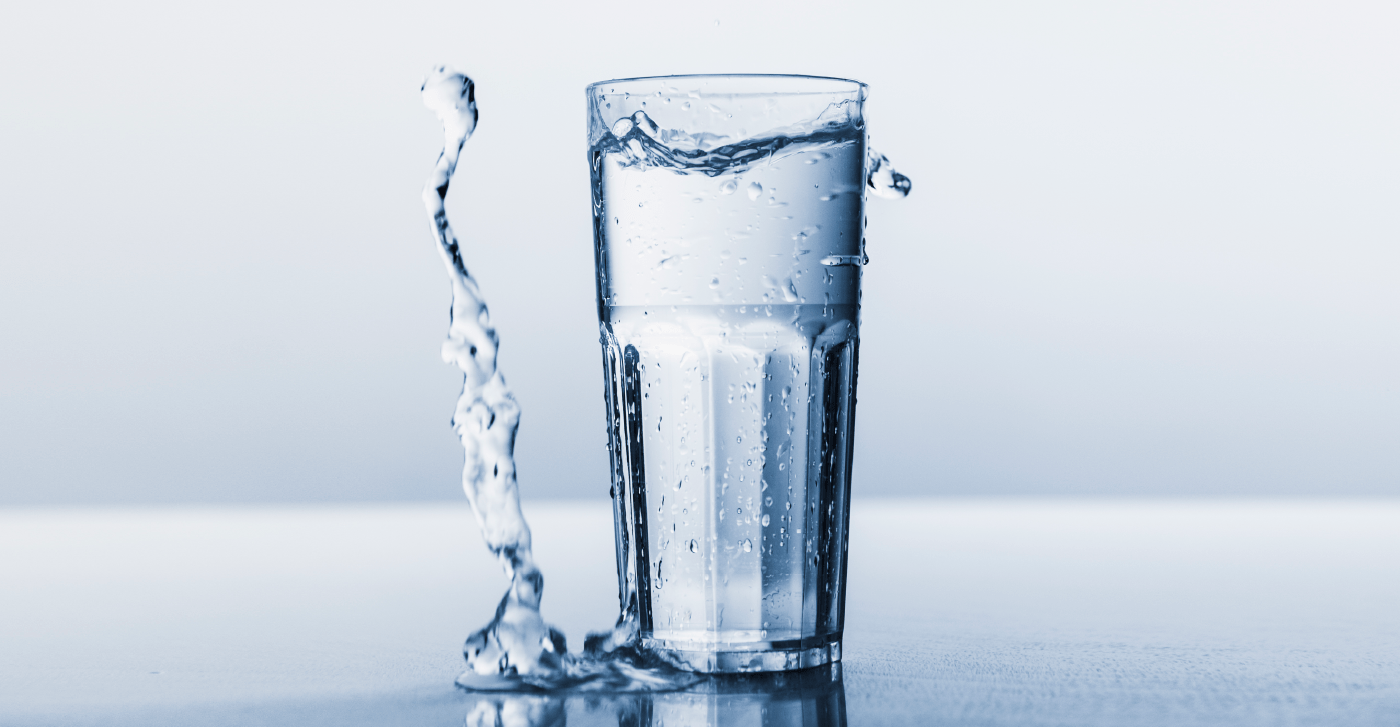Water, one of the most precious natural resources, is essential not only for life forms to survive but also for a variety of industrial and commercial applications. Only 2% of the water available naturally can be consumed. In such a grim scenario, it is time that we seek out ways to use treated water to bridge the water demands. Also, our water bodies are under extreme duress due to widespread pollution, indiscriminate use of chemicals, etc., and getting access to safe water is becoming an uphill task.
IoT technology in water purification helps to address these issues by making use of its cutting-edge technology, to ensure that you get access to safe drinking water. In this blog, we look at IoT water purification systems, their advantages, and how this technology may be revolutionizing the way we manage and preserve water.
Get 7 Days Risk Free Trial
What is an IoT-enabled smart water purifier?
IoT, or the Internet of Things, refers to one of the most important technologies of the 21st century. With the help of mobile and computing technologies, big data, and cloud technologies, physical devices can collect and share data between themselves, requiring little to no human intervention. Thus, your everyday machines like washing machines, purifiers, etc. when outfitted with these technologies can connect to the internet and thus form a seamless system of communication between devices, people, and processes.
An IoT water purifier, unlike a manual purifier, harnesses the power of IoT technology to automate and smoothen the process of filtration, while the sensors collect and analyze data in real-time, allowing the purifier to operate to its full potential.
How does an IoT-enabled smart water purifier work?
It usually employs multiple filtration stages to always give you the purest possible water. Your source water undergoes an initial filtration using various filters to remove sediments, large particles debris, etc. so that your smart water purifier starts off with relatively cleaner water. This helps to enhance the life of the membrane and the performance of the purifier.
The water is then subjected to activated carbon filtration, which makes sure that it is free of impurities like chemicals, chlorine, etc. while ensuring that it is odor-free and has a cleaner flavor profile. To ensure that water purification is at the highest level, smart water purifiers employ reverse osmosis purification by which the water is completely free of most contaminants like pathogens, trace heavy metals, etc.
UV sterilization provides that extra layer of disinfection, removing any traces of bacteria so that you can drink your water with the utmost peace of mind. The icing on the cake is the remineralization, which replenishes your water with all the essential minerals that may have been lost during the purification stages, thus improving not only the nutritional value but also the taste and odor of every glass of water that you consume.
Benefits of using an IoT-enabled smart water monitoring system
1. A state-of-the-art filtration system
They ensure an extensive form of filtration that filters out even the minute levels of impurities, which an ordinary water purifier could easily overlook. Thus, your water will be free of all dangerous pathogens as well as trace metals, sediments etc.
2. Real-time monitoring
With an IOT-enabled purifier, you can be assured of safe drinking water with devices that monitor the quality of water, the health of your filter, and its life span in real-time. You get consistent filter replacement alerts so that your filter is always in prime condition.
3. User-friendly smartphone integration
With IoT technology, your smart water purifiers can be connected to your smartphone apps to enable remote monitoring of the whole process. You can set your purification levels and program settings, based on your unique source water and conditions.
4. Enhanced water quality
The enhanced flavor and odor-less water re energized with minerals, will ensure great-tasting water too.
How IoT technology is revolutionizing water purification?
While we are staring in the face of an imminent water crisis, the advancements in the field of water management brought about by the convergence of IoT and innovative cloud-based solutions may be our silver lining. These advanced technologies are redefining the way we monitor and optimize water purification and waste management processes while reducing environmental impacts and costs.
1. Tracks/manages water in real-time
The integration of IoT and cloud technology has brought about a significant advancement in the water management and purification industry. The latest technological advancements allow real-time monitoring of water purification systems. The main advantage of such systems is the ability to track and manage the water being used in real-time, irrespective of where they are based geographically. This is especially useful in the hospitality sector.
2. Cost-effective
Technologies that integrate mobile money, IoT, and near-field communication (NFC), like e-water based in sub–Saharan Africa, can effectively manage and handle the supply of clean, cost-effective water ensuring that it’s always available.
3. Prevents water wastage
These IoT-embedded technologies also help to prevent water wastage through leaks in subterranean pipelines and this is slated to stop leakage by a higher percentage as the years progress.
4. Cloud-based monitoring platforms
One of the greatest benefits of this technology is the fact that the cloud-based monitoring platforms provide the opportunity to monitor and manage water purification machines used by a single business, from a single platform. This provides the administrators with valuable insights into data such as CO2 emission, water savings TDS PH levels, etc. It also allows them to monitor the reduction of the use of plastic bottles which has a huge impact on the overall plastic pollution.
5. Predicts usage patterns and trends
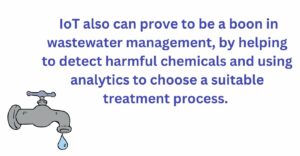
Another key factor is that this technology can be used to predict usage patterns and trends. By utilizing historical data administrators can predict future usage needs and adjust the purification process accordingly.
6. Helps detect harmful chemicals
IoT also can prove to be a boon in wastewater management, by helping to detect harmful chemicals and using analytics to choose a suitable treatment process. Water treatment plants are expensive to install and IoT will help reduce operating costs and enable operations, irrespective of geographical barriers.
Get 7 Days Risk Free Trial
Conclusion
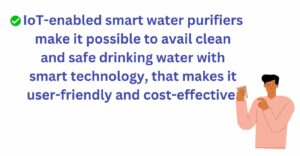
IoT-enabled smart water purifiers make it possible to avail clean and pure water with smart technology, that makes it user-friendly and cost-effective. The advancements in IoT technology have begun to revolutionize the water purification and management industry, with the promise of a greener world where water security is no longer a distant dream.

